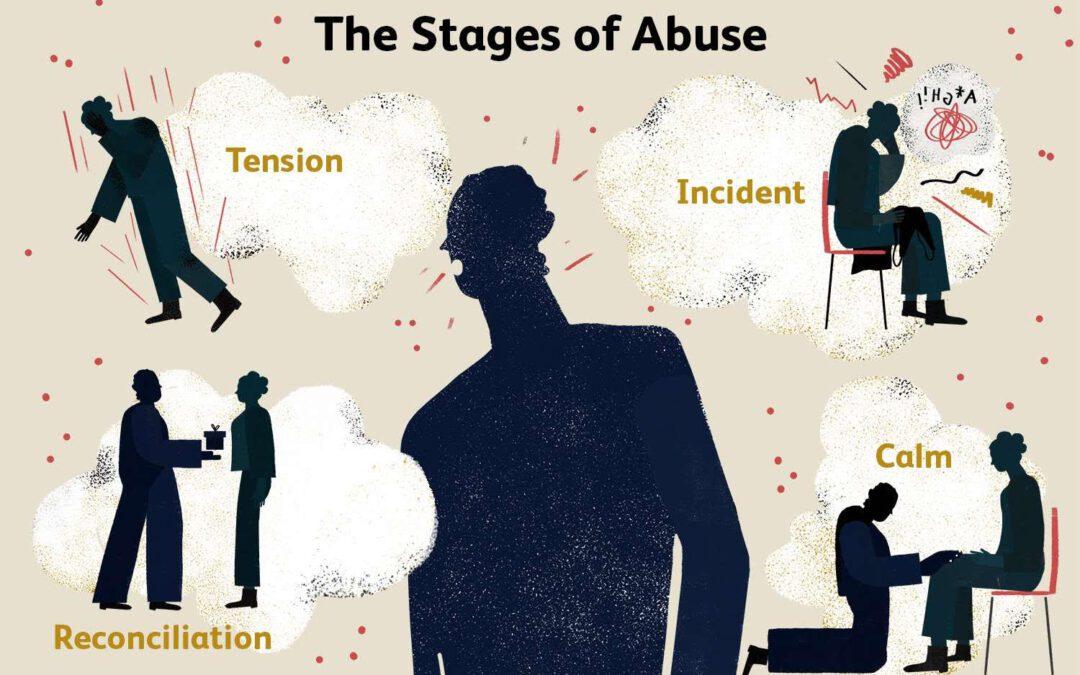Trigger Warning: This article discusses recovery from sexual abuse which could be triggering for some people.
Most narratives about sexual abuse start with statistics, perhaps to show how serious the problem is. Talking about statistical facts is also (unintentionally) a way of minimizing emotions that the topic can bring up for people. It’s easier to think about numbers than to think about children being hurt and particularly being hurt in a sexual way. But we need to talk about sexual abuse openly in order to help people get the treatment that they deserve and need. An important focus for this discussion is the people who are suffering and have suffered because of childhood sexual abuse and who haven’t reached out for treatment and recovery.
Many survivors don’t seek treatment because they don’t want to think about what happened. Thinking about past child abuse can bring up panic, fear, anger, and shame. The emotions can be overwhelming. If you are a survivor, you may blame yourself in some way, or you just want to block out what happened and in the words of a client, “just be normal.” Reaching out for treatment means telling someone, and for many, that’s a huge step that can seem undoable.
If you were abused, it’s like someone stole your sense of safety. Instead of being a fearless child running around and exploring the world with this idea that you are invulnerable, you learned that the world and people in it weren’t safe. You couldn’t trust them to protect you, not even to not hurt you. How alone you must have felt and still do. To talk about it with someone can seem terrifying. For some, there is too much shame (undeserved).
Have you ever trusted anyone enough that you told them that you were sexually abused as a child? Many adults haven’t. So many haven’t recovered and still suffer. Let’s kick out that undeserved shame and help every individual restore their self-worth and live their lives fully. Recovery is important for many reasons.
If you are considering seeking treatment, here are some key reasons why treatment is important:
1. Untreated trauma can worsen over time. It can lead to mental health disorders such as PTSD, anxiety, depression, and even thoughts of suicide. It can also affect your physical health in serious ways.
2. Sexual abuse can damage your sense of well-being on a daily basis, and your sense of worth and self-esteem. You may judge yourself as being unloveable. You may struggle with intimacy, trust, and relationships. Treatment can help rebuild your sense of a healthy identity, improve your relationships, and help you connect more intimately.
3. To cope with trauma and the impact of sexual abuse, people may use destructive coping behaviors such as substance abuse, isolation, compulsive behaviors, or self-harm. Sometimes individuals who have been abused stay in abusive relationships as adults or become abusers and repeat the pattern with their children. With treatment, you can learn healthy ways to cope and set boundaries to keep yourself safe and to be a healthy parent.
4. Treatment can offer you relief from being on guard constantly, being overly reactive, having flashbacks, and being fearful of living fully. Treatment is a way to thrive.
There are different options for treatment to choose from. Eye Movement Desensitization and Reprocessing (EMDR) is one option and can be effective with children as well as adults. Prolonged exposure therapy (PE), and trauma treatments developed with a DBT focus (DBT for PTSD and DBT-PE for adults and DBT-PE for adolescents) are options to consider. Trauma-informed yoga can be a helpful addition to trauma treatment.
Are you ready to start your recovery? We are ready to help, to walk the steps with you.
Call us at 713-973-2800 or fill out the contact form on our website (www.houstondbtcenter.com). Schedule a free 15-minute consult on our website or ask us to call you. Let’s talk soon.

